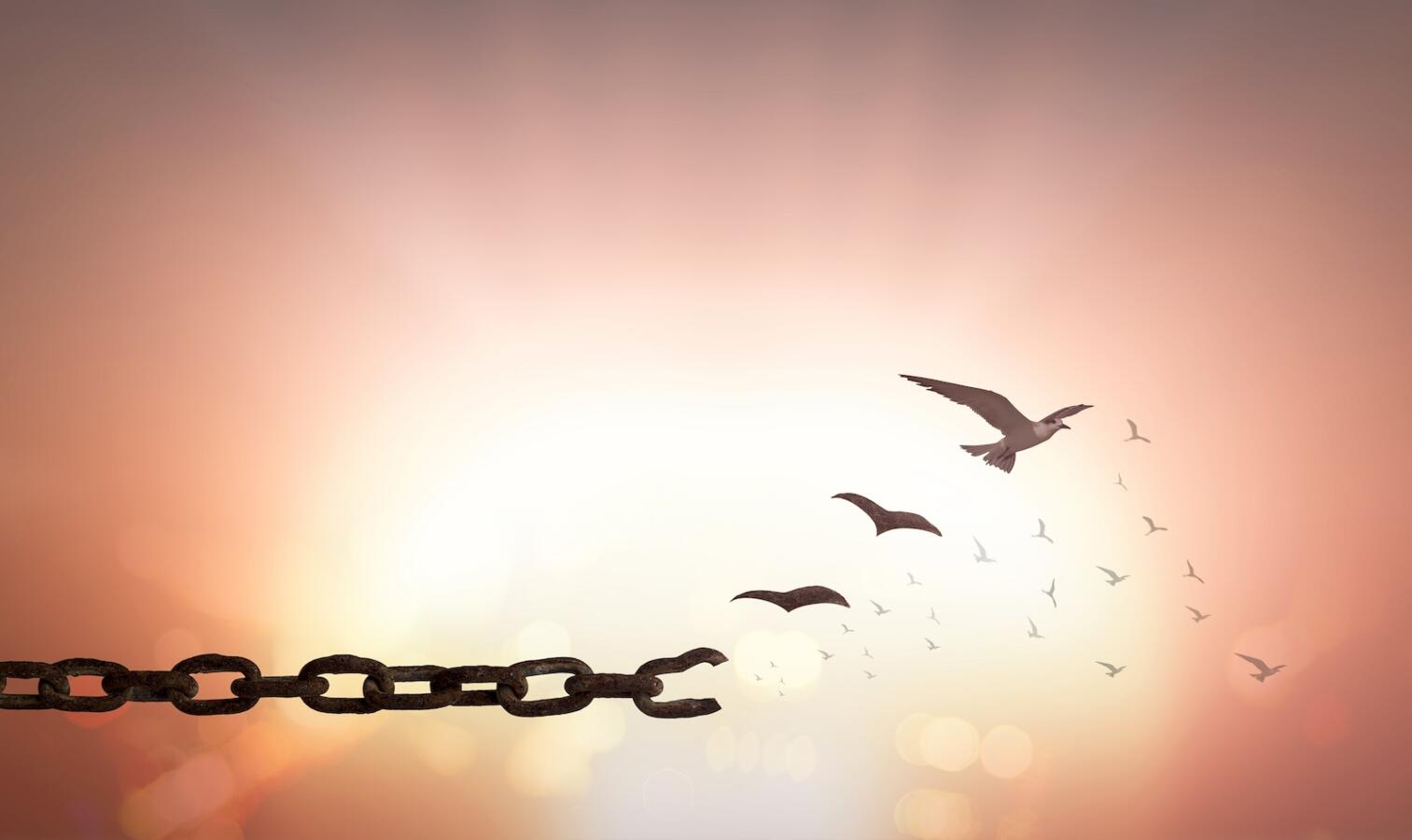“I don’t like Passover, because I don’t like the fact that we were slaves.”
We were sitting in a living room where I had been invited to teach a class on the upcoming holiday to a small group of Russian-speaking Jews. When I asked the group to share a story of their connection to Passover, several people described how as children in Ukraine or Russia their father or uncle would go somewhere unknown and return with pillow cases full of matzah, which the family would eat with no explanation of the food’s connection to a seder, a holiday, or even that it had anything to do with being Jewish.
One person shared how each year his grandmother would wash all the pots and pans leading up to Passover even though she never knew why. “Because that is what my grandmother did,” was her only explanation. Then one day he met a rabbi from America who revealed the connection between kitchen cleaning and Passover. Someone else reflected on the phrase “Let my people go,” a slogan he first understood as the call to liberate Russian Jewry. As a child he had no clue the words were taken from the Bible and referred originally to the ancient Israelites. The stories were moving and personal and gave poignant relevancy to the notion that we should each find ourselves in the narrative of the Exodus and the Passover rituals. Many in the room knew little about their tradition growing up, yet elements of Passover were part of their formative stories.
Passover is a holiday that connects our small stories with the big story of the Jewish people. As Jews, with all our varied lives and family histories, we have each made the story ours. The paradigms and images in the Haggadah stretch and grow to accommodate all the experiences of Jews throughout history. The seder allows us to teach our children about our spiritual struggles and physical hardships and our deep desire to feel secure in our culture and identity. The Passover story is endlessly compelling.

Help us keep Jewish knowledge accessible to millions of people around the world.
Your donation to My Jewish Learning fuels endless journeys of Jewish discovery. With your help, My Jewish Learning can continue to provide nonstop opportunities for learning, connection and growth.
But the host offered a different take — a rejection of the paradigm of slavery as the lens through which to understand our history and identity as a people. She explained: “I don’t like that slavery and the slave mentality has become so central to the Jewish story.” Finally, she added, “I don’t like the plagues either.”
She was articulating a position that makes a lot of sense. Why constantly remind people that we were once so disempowered? Why fixate on the shame inflicted upon our ancestors? Why remind ourselves, year after year after year, that we were too powerless to fight back on our own and needed God’s plagues to rescue us? This is embarrassing. Couldn’t we find a more empowering narrative?
She is right, of course. But the shame of the slavery narrative is not an accident. Jewish law requires the Passover story to always start from a place of degradation. The Mishnah mandates that the arc of the story told on seder night must begin in the low place before moving upward. “One begins with shame/disgrace, and one finishes with praise.” (Mishnah Pesachim 10:4)
The Talmud goes on to debate the exact right way to tell the story of the Jewish people at the seder. Should we begin with Abraham’s father worshiping idols or with the Israelites already enslaved in Egypt? And what exactly is the climactic ending? Is it the singing and dancing as we cross the sea (like the emotionally perfect ending to the Prince of Egypt)? Or is the real ending only when our people arrive in the promised land? Perhaps the praiseworthy ending is our ability to serve God freely. The Jewish story of redemption can be told in many different ways, but Jewish law requires that we always start with shame. Why?
My colleague Dena Weiss writes: “There is no freedom without the slavery that precedes it. The praise at the end of the story derives its reality and its relevance from our awareness of where the story began.” The hard parts of our stories are what allow us to appreciate how far we’ve come. Reflecting on his relationship with Passover, one man at the gathering offered: “I like to tell my children the story of Moses, because when I was a child my parents weren’t allowed to tell it to me.” For him, the act of sharing the Passover story with his children is itself an act of freedom. But understanding the true sweetness of that freedom depends on hearing the early chapters of disempowerment. The significance of eating matzah in our homes is undeniable when faced with the truth of how far our parents and grandparents may have had to go to procure it. Even the often-dreaded chore of scrubbing our pots and pans in preparation for the holiday can be its own taste of redemption.
We are commanded to start with shame because addressing the hard and messy parts of our stories help define who we are, but we are forbidden to stay there. Every story must find its way to praise. Even in our most difficult and dark moments we are compelled, required even, to feel that movement towards redemption. This is our challenge.
This article initially appeared in My Jewish Learning’s Shabbat newsletter Recharge on April 27, 2024. To sign up to receive Recharge each week in your inbox, click here.



